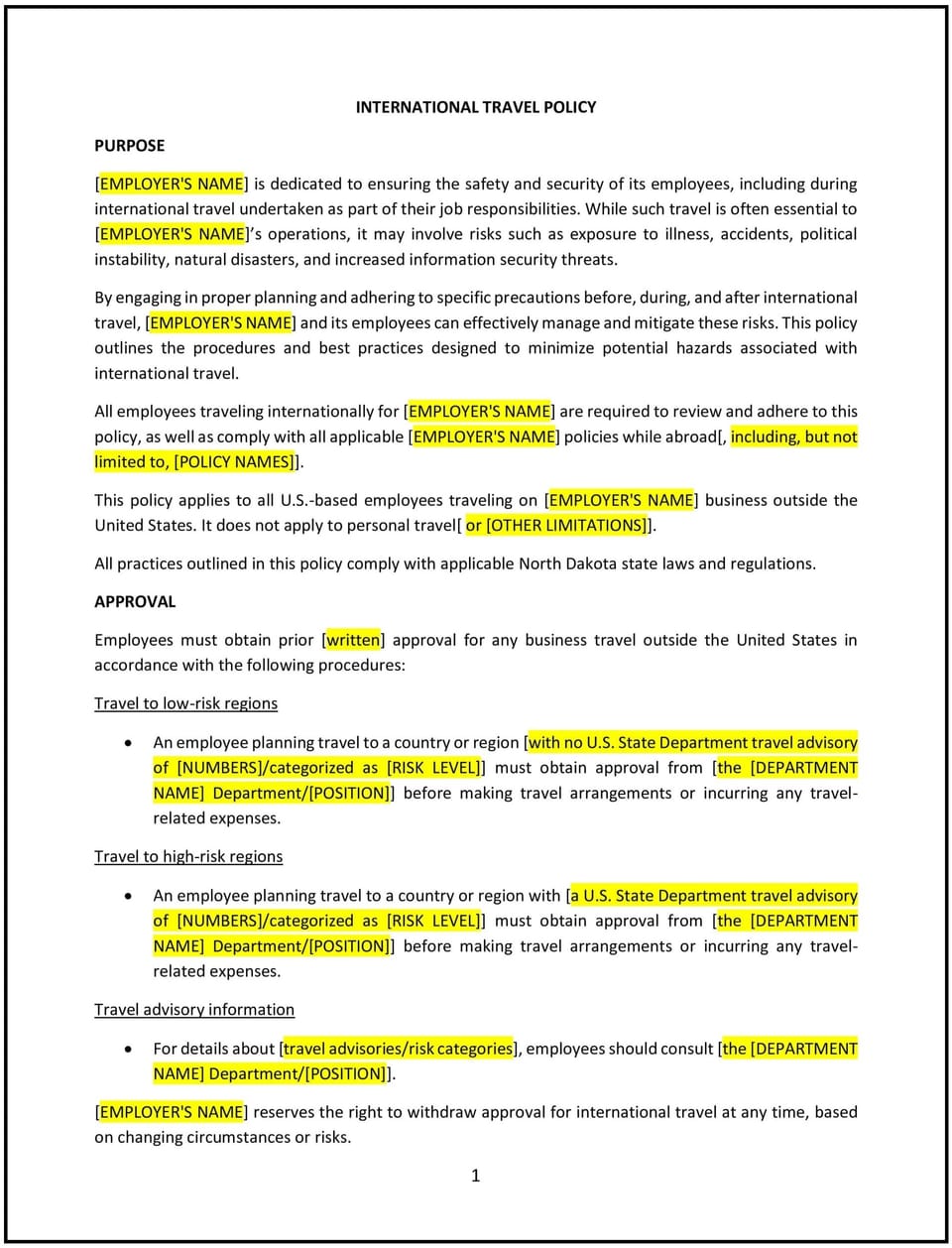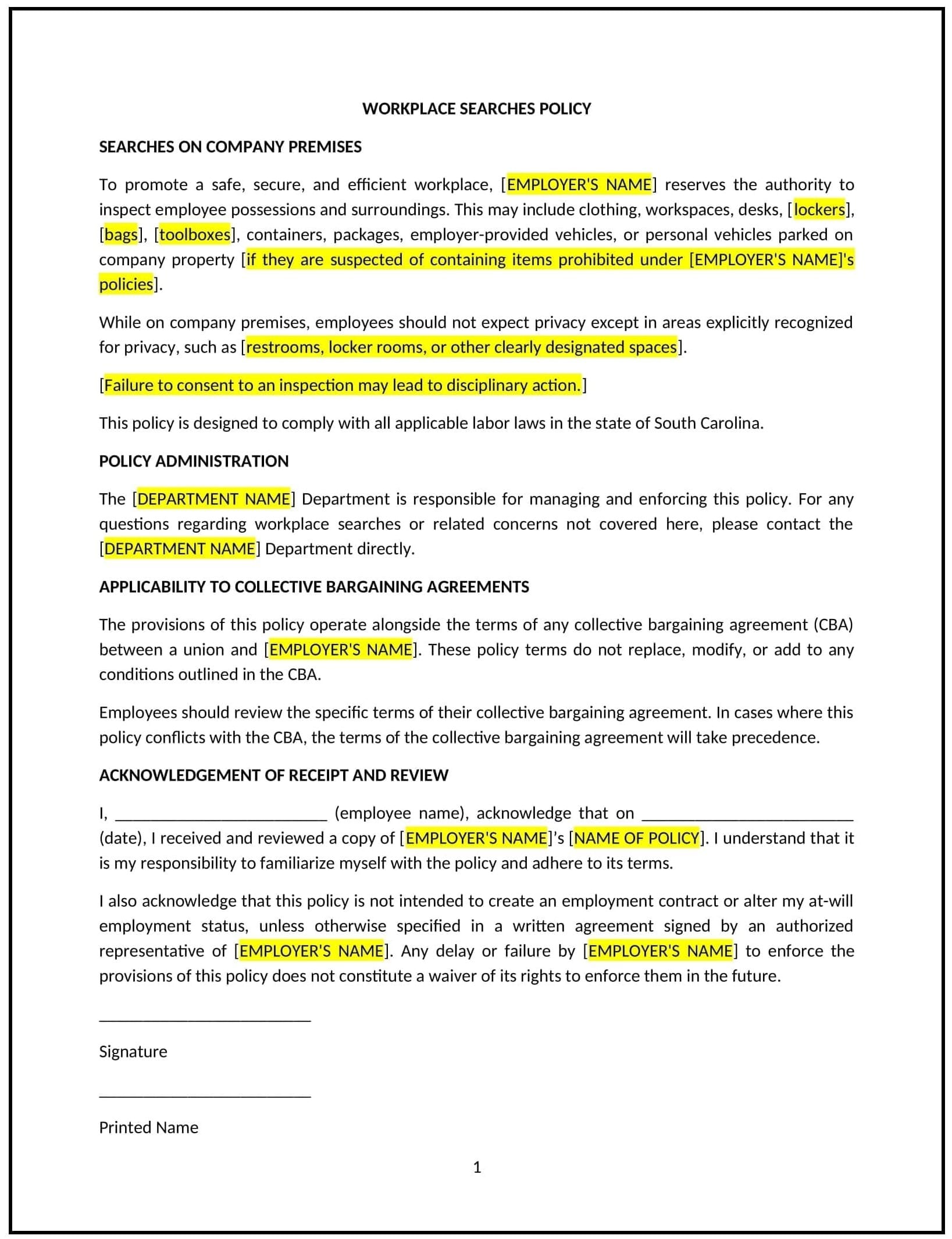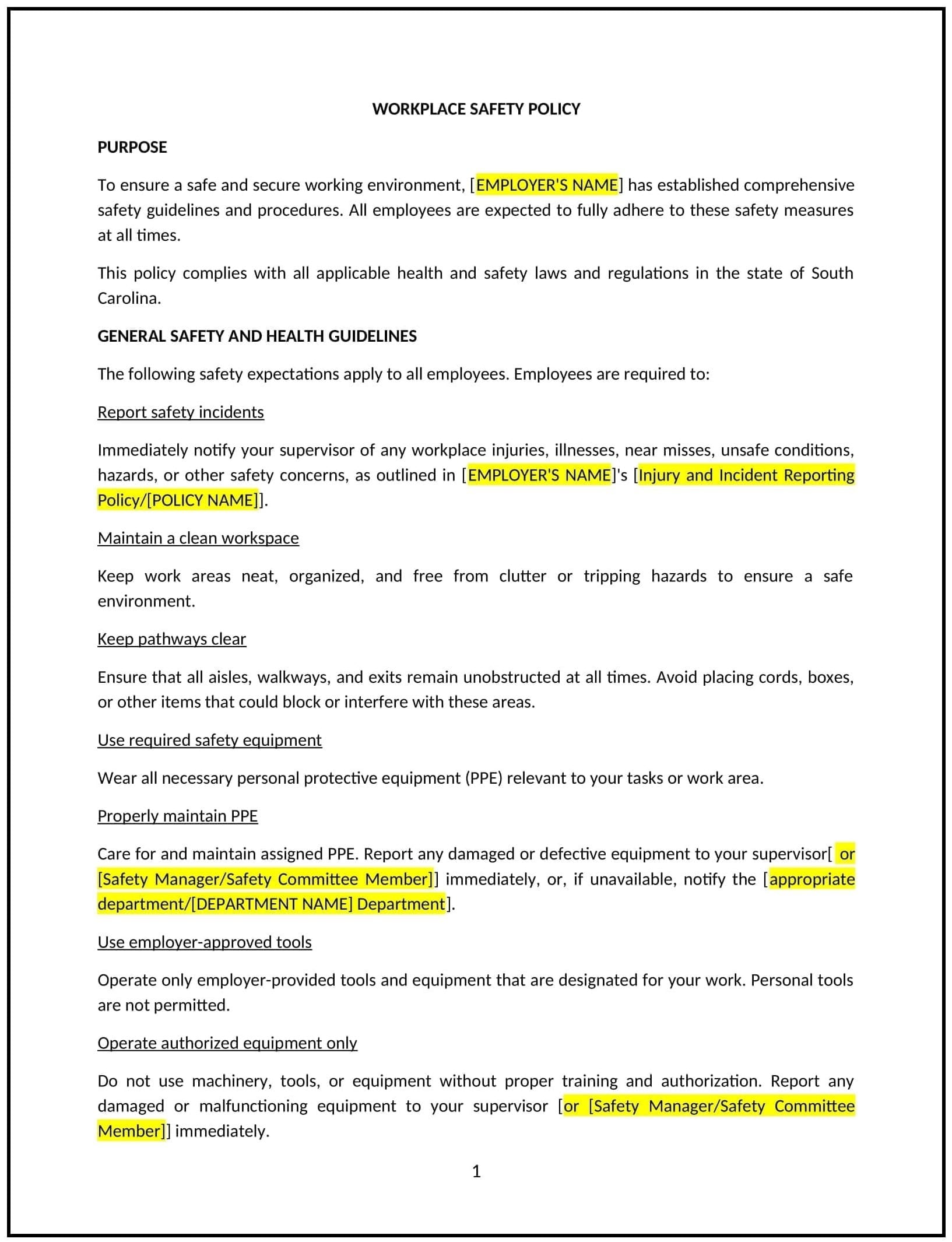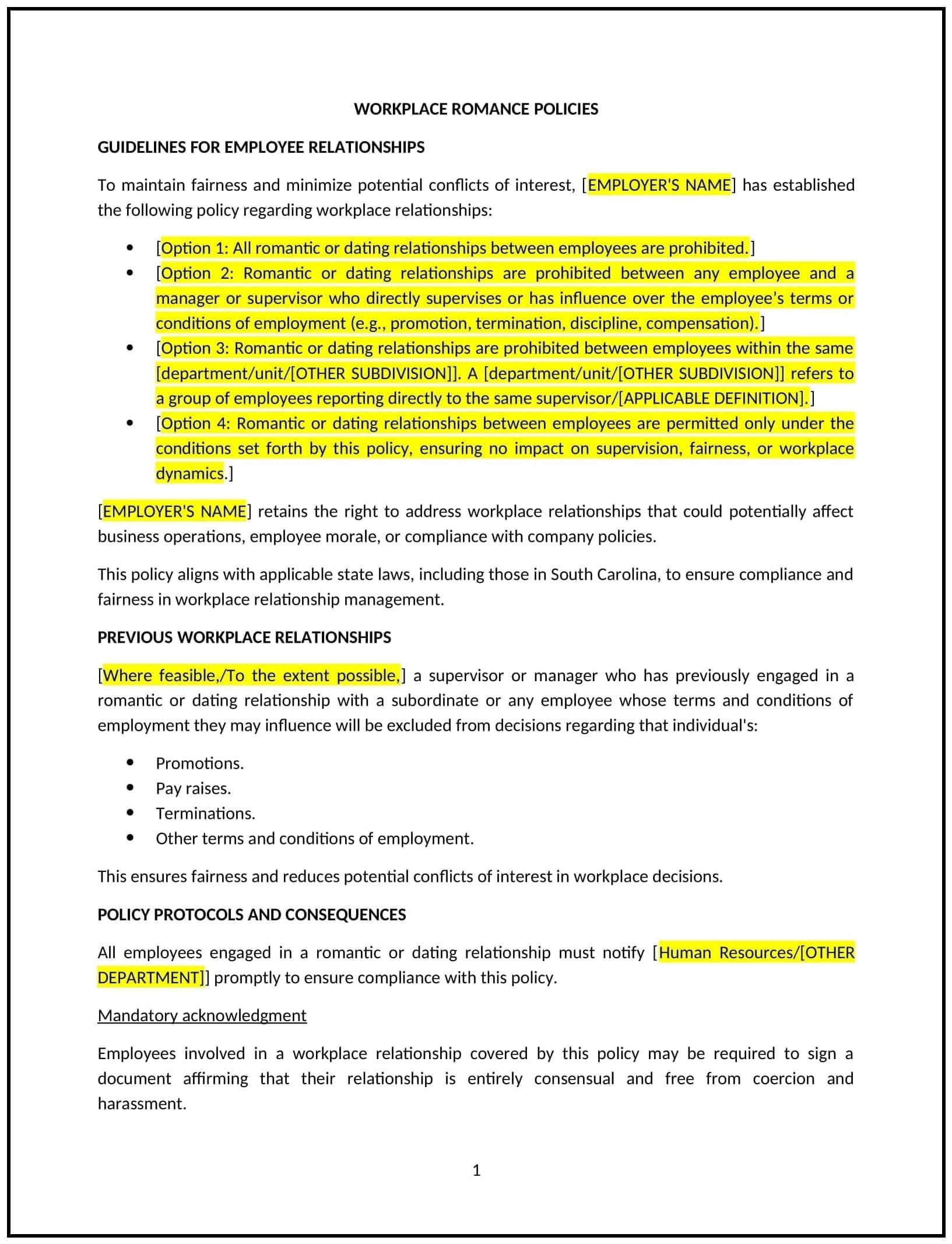International travel policy (North Dakota): Free template

International travel policy (North Dakota)
This international travel policy is designed to help North Dakota businesses establish guidelines for employees traveling abroad for work-related purposes. The policy outlines travel authorization, safety precautions, and expense management procedures.
By implementing this policy, businesses can ensure safe, cost-effective, and well-coordinated international business travel.
How to use this international travel policy (North Dakota)
- Define travel authorization requirements: Establish pre-approval procedures for international trips.
- Set safety guidelines: Require employees to follow country-specific travel advisories.
- Outline expense reimbursement rules: Specify allowable travel costs and documentation requirements.
- Address insurance and medical coverage: Ensure employees have access to emergency healthcare abroad.
- Establish communication protocols: Require employees to maintain contact while traveling.
- Provide security awareness training: Educate employees on travel risks and safety measures.
- Review regularly: Update the policy based on travel regulations and company needs.
Benefits of using this international travel policy (North Dakota)
Implementing this policy provides several advantages for North Dakota businesses:
- Enhances traveler safety: Prepares employees for potential risks abroad.
- Improves cost control: Establishes clear guidelines for travel expenses.
- Supports compliance with international regulations: Helps businesses adhere to foreign travel laws.
- Reduces liability: Protects businesses from legal and financial risks related to international travel.
- Reflects North Dakota-specific considerations: Addresses travel needs for industries with international operations.
Tips for using this international travel policy (North Dakota)
- Require advance travel approval: Ensure proper authorization before trips.
- Establish travel safety protocols: Provide employees with emergency contact information.
- Implement clear reimbursement procedures: Outline documentation requirements for expenses.
- Offer cultural and legal briefings: Educate employees on local customs and business practices.
- Adjust as needed: Update travel guidelines based on evolving risks and global regulations.
Q: What expenses are covered under this policy?
A: Businesses should specify reimbursable expenses, such as airfare, lodging, and meals.
Q: How should employees handle emergencies while traveling?
A: Businesses should provide emergency contact numbers and travel assistance resources.
Q: Can employees extend business trips for personal travel?
A: Businesses should clarify rules on combining work and personal travel.
Q: What security precautions should employees take when traveling internationally?
A: Businesses should provide safety guidelines, including avoiding high-risk areas.
Q: How often should this policy be reviewed?
A: The policy should be reviewed annually or as international travel conditions change.
This article contains general legal information and does not contain legal advice. Cobrief is not a law firm or a substitute for an attorney or law firm. The law is complex and changes often. For legal advice, please ask a lawyer.


